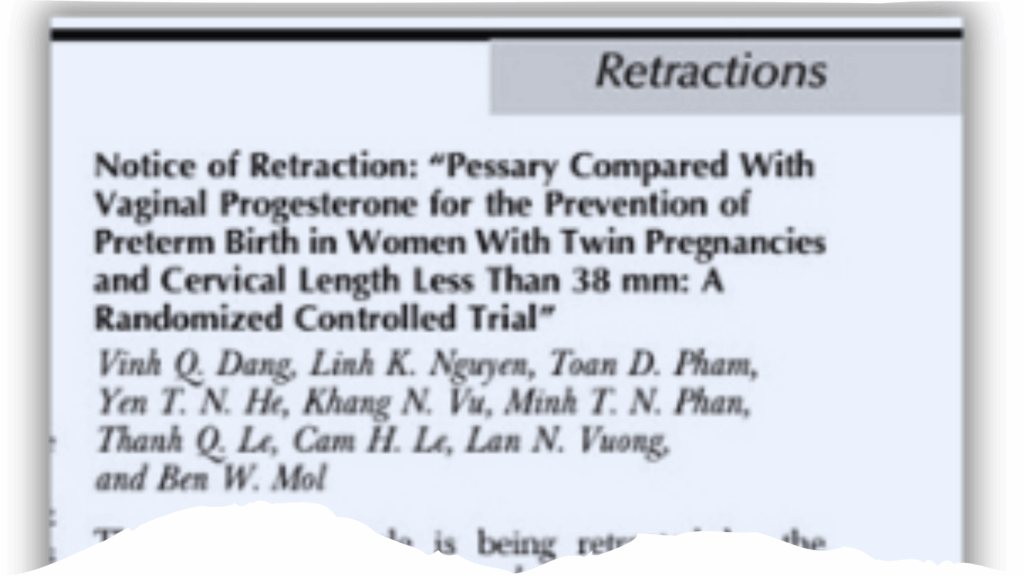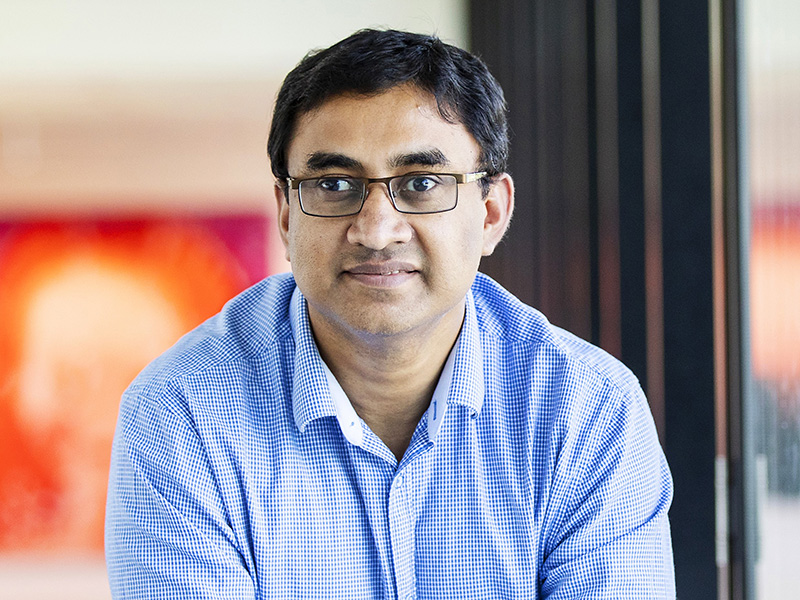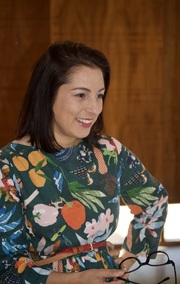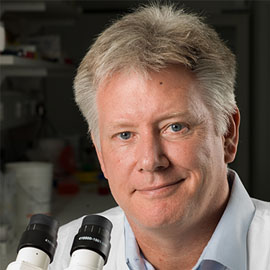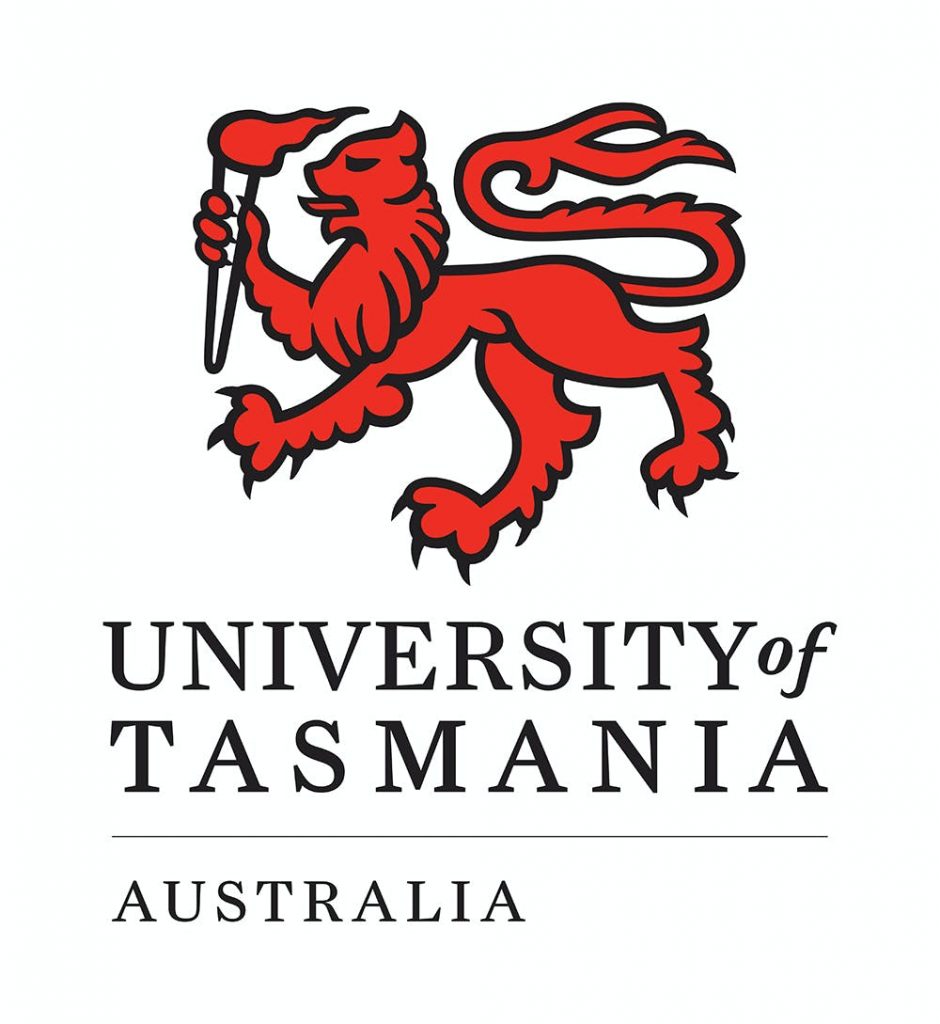
In April 2019, Daejung Kim, then a Ph.D. student at the University of Melbourne in Australia, found a draft manuscript on the desk of a postdoc in the same laboratory. The manuscript included the experimental results on metal alloys he had spent months collecting. Kim hadn’t been told about the paper, nor had anyone asked his permission to use the data. The findings were central to Kim’s Ph.D. thesis and publishing them would mean the data were no longer original.
“I was shaking in the lab,” he recalled recently. “When I saw it, I couldn’t stop myself. I didn’t know what to do.”
Kim took his concerns to his supervisor, Kenong Xia, a materials scientist and head of the lab, asking for his help to resolve the issue. He wanted to be credited as a coauthor on any papers using his results. He also emailed the postdoc, Ahmad Zafari, asking to see a draft of the paper.
Continue reading Exclusive: A misconduct ruling, a flawed investigation, and an attempted payoff
